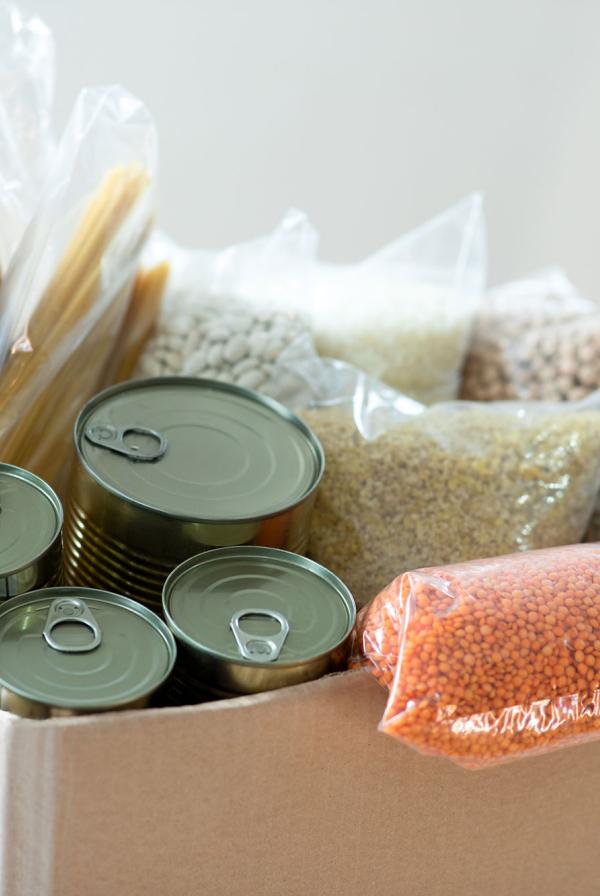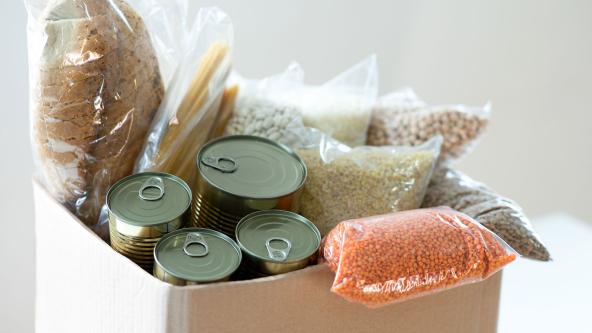Morecambe Bay NHS Foundation Trust provides care packages on discharge to patients who require an extra level of support. Ward staff assess whether the patient might not have food in at home due to food insecurity, a lack of nearby relatives, or because of a long stay on the ward. The patient is sent home with a care package so that they are not discharged to empty food cupboards. The package includes tea or coffee, milk, bread, butter, jam, a tin of soup or beans, and cereal.
This care package is charged to the ward’s budget and costs are kept low thanks to partnerships with the food suppliers. The trust’s catering team is also in the process of developing a set of low-cost, nutritious, simple recipes to give to patients on discharge, because of the mental and physical health benefits of home cooking.



